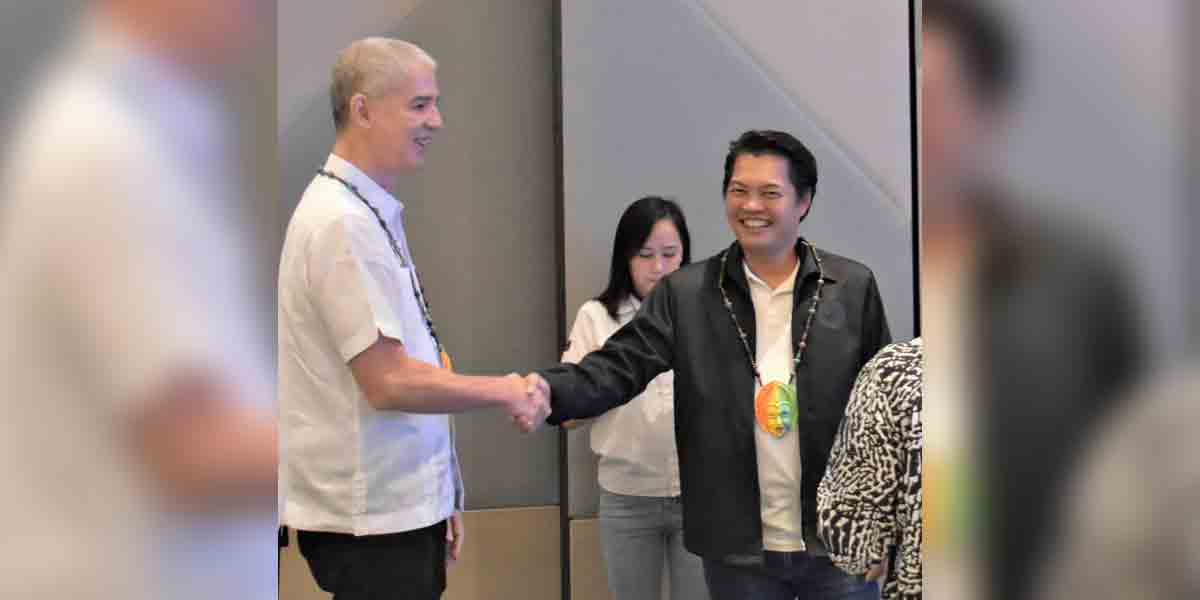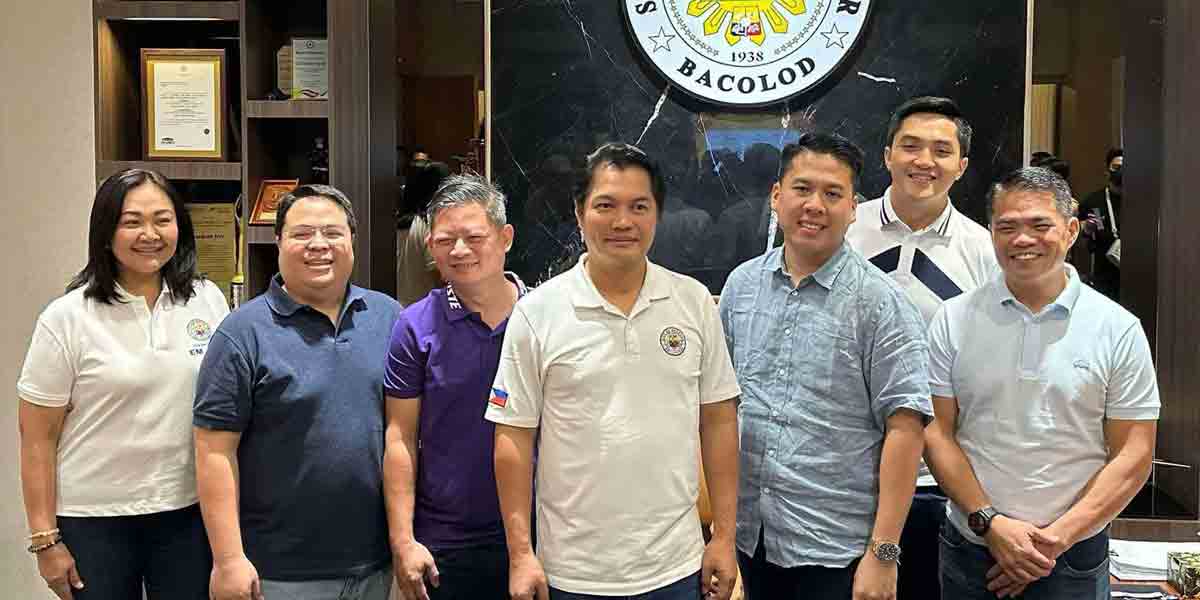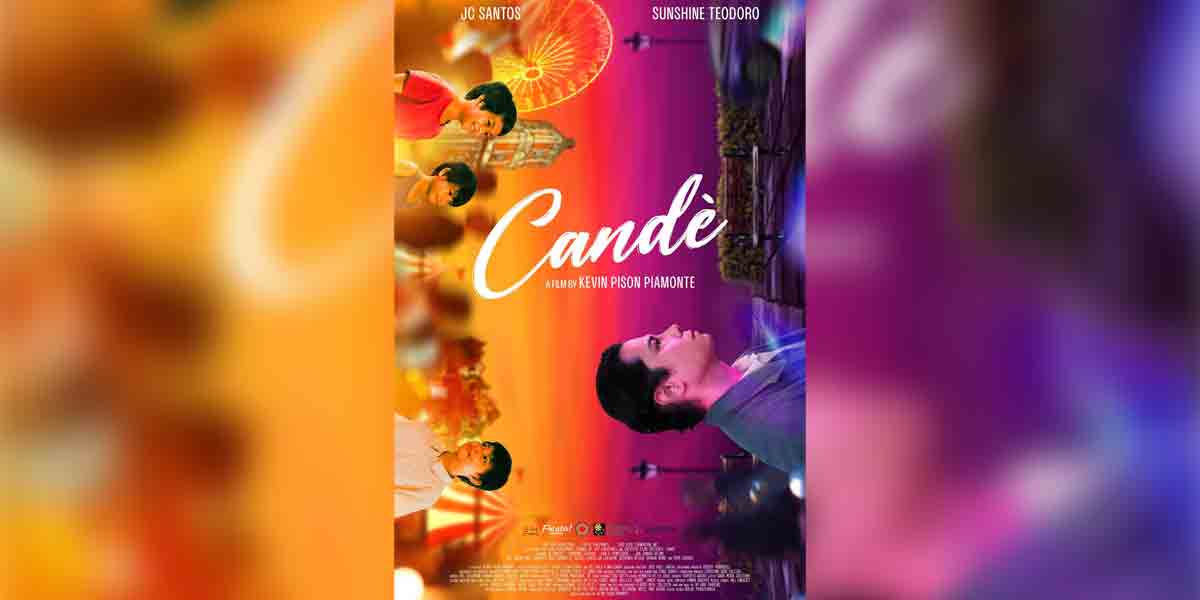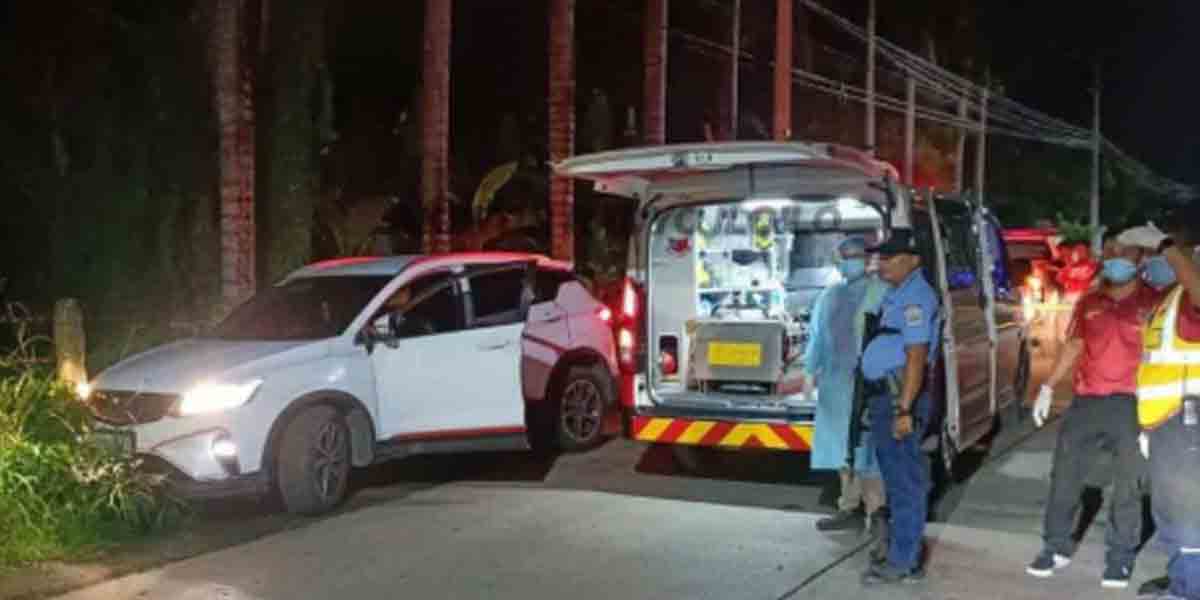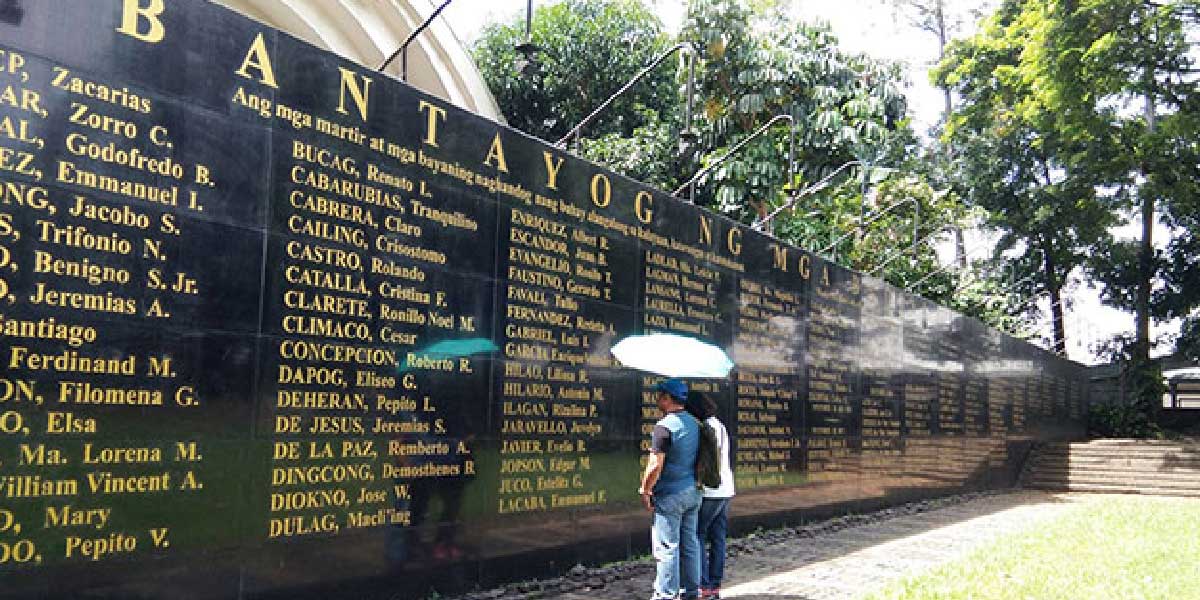
By Joseph B.A. Marzan
The recent Toni Talks episode where actress Toni Gonzaga, on her personal Youtube channel, interviewed Ferdinand “Bongbong” Marcos Jr. on lessons he learned from his father, the late dictator Ferdinand Marcos Sr., raised concerns on media exposure and historical revisionism.
Comments flooded social media after the interview was published online, setting up a ton of heated debates between critics and supporters of Ferdinand Sr. and his family.
Gonzaga was prodded by netizens to interview Martial Law survivors and was even invited to visit the Martial Law Museum at Ateneo De Manila University.
Even photos of her 2015 wedding to director Paul Soriano, where Marcos Jr. was a principal sponsor, made rounds in mainstream and social media.
The concerns also involved the younger Marcos’ imminent presidential run, which was somewhat solidified when he was nominated by the Partido Federal ng Pilipinas last weekend as its standard bearer for the 2022 national elections.
As we commemorate Martial Law today, Daily Guardian reached out to several Ilonggos for their perspectives on the Marcos era and historical revisionism or efforts to rewrite history.
MAGNIFIED
Jarl Tuazon, a junior History student at the University of the Philippines Visayas (UPV), used to have shifting perspectives on the Marcoses, but has now cemented his stance as a staunch critic.
Tuazon shared that his perspective on the Martial Law period kept “flip-flopping”, citing his “shallow” reading of the Marcoses and watching YouTube videos highlighting experiences from that dark era of the country.
The usual content he watched included the purported economic and structural gains of the country at that time, including the low dollar exchange rate, the infrastructure projects, which was even compared to the post-Marcos projects by predecessors after the dictator’s ouster.
When he was in high school, Tuazon even campaigned for Marcos Jr. in 2016 since the latter was the running mate of the late Senator Miriam Defensor Santiago, whom he also admired.
But eventually, his stance changed when he met Martial Law victims during his Senior High School at the UP High School in Iloilo, some of whom included the school’s faculty members.
Tuazon emphasized his skepticism over the positions made by his teachers, but what made him change his view were data shown to him by his roommate.
His mother, who worked for a non-government organization (NGO), also received a book titled “Ang Mamatay Nang Dahil Sa’yo” Volume 1, which featured 113 names of victims including those from Panay and Negros.
As a History major in college, Tuazon’s beliefs were also reinforced by what he had been learning.
Now, he believes that the Marcoses are the most controversial political family in the country, as backed by the court cases and the Guinness World Record for the Greatest Robbery of a Government, which was bestowed by the record body in April 1986.
Tuazon has also helped in sharing the stories of Martial Law victims in the social media accounts of his organization, UPV Kamaragtas.
He said historical revisionism “disregards the stories of approximately 70,000 incarcerates, 34,000 tortured, and 3,240 dead”, as well as their late and surviving families.
He cited Marcos Sr.’s burial in the Libingan ng mga Bayani as the “first step” in the surge of historical revisionism, followed by Imee Marcos’ election as Senator in 2019.
He also believes that the same revisionism is also happening with the current government, in the form of the Duterte administration’s so-called “war” on illegal drugs, as well as its response to the coronavirus disease 2019 (COVID-19) pandemic.
“I think there is an active historical distortion nowadays since unti-unting bumabalik sa power ang mga Marcos. Ginamit ko yung term na distortion or negation since pilit nilang ginachange ang historical narrative for the benefit of the few. Na-discuss namin sa isang History class na ang revisionism is palaging nangyayari especially kung mayroong new credible sources na ginagamit to modify ang narrative, and in a way, madistinguish siya sa distortion or negation,” he said.
Tuazon admits that it is a “challenge” to combat the current historical revisionism. He cited one of his classmates’ suggestions to revise the educational system to include the “horrific” truth about Martial Law so that younger generations would know what really happened during that time.
“Honestly, it is a challenge for us to combat historical distortion dahil nga ang discussion on it ay usually naka-center lang sa academe. Since hindi naman lahat may privilege na makatapak ng college or even high school, much better siguro kung sa umpisa pa lang, maexplain na natin ang horrors ng Martial Law sa mga bata,” he explained.
Tuazon also raised communicating with friends and family, either physically or virtually, given that all are still facing the brunt of the COVID-19 pandemic.
“Kailangan bumaba tayo sa ating mga pedestal at ieducate at ipamulat ang mga tao regarding the negative effects ng Martial Law sa aspeto ng ating economy, security, and human rights since sila ang vulnerable na maging biktima ng historical negation. Siguro ang pinaka effective way siguro ay communication – simula tayo sa ating family members at we will try na ipaunawa sa kanila ang ating stance about it, and social media engagement na rin siguro in a way na patuloy nating ishare ang mga credible information na nag-di-debunk ng mga martial law myths and constantly remembering our martyrs and heroes hindi lang every Martial Law week,” he said.
RAGE MULTIPLIED
Rea Guilloreza’s parents told her their stories being young activists during the Marcos era, and she personally heard stories from survivors and her professors when she was a student at UP Diliman.
Guilloreza’s father joined the Diliman Commune in 1971 and was even one of the people called to Malacañang Palace by Marcos Sr.
“My university professors didn’t shy away from discussing the details of the Martial Law era. We were given excerpts of some materials written during the period like the Conjugal Dictatorship. I only learned about the economic inflation during his regime, his voice scandals with the foreign actress, his tactics to discover the mole in his Cabinet, all sorts of stuff,” Guilloreza shared.
She said that she was “briefly” impressed by his accomplishments, but as she learned more from her parents and professors, she was sure about being a staunch critic of the Marcos family and the dark days of the country.
“This has always been my stance. Of course, as a young, naive child who saw the world in black and white, I simply casted Marcos as an bad president based on my parents’ stories. Now that I’m older with more education and experiences, I see Marcos in a worse light – more vicious, more evil than the devil, definitely unforgivable,” she said.
On the current historical revisionism, Guilloreza called it a “betrayal to the sacrifices of the people during Martial Law.”
But she added that it wasn’t just because of the Marcoses, but also the leaders who succeeded them.
“While there is an active historical revisionism not just by the Marcos family and their cronies, I think a great damage is also caused by the passive historical revisionism allowed by the political leaders who replaced them,” she said.
CONCERTED EFFORT
Atty. Jose Mari Benjamin Francisco Tirol, dean of the University of San Agustin-College of Law and Daily Guardian columnist, believes that there is a “concerted effort to attempt to play down and even twist facts established by historians, the Supreme Court, and by ordinary people, and to replace these with half-truths and lies.”
Tirol cited the 2016 case of Ocampo vs. Enriquez, which validated Marcos Sr.’s burial at the Libingan ng mga Bayani.
While the case recognized that “the lessons of Martial Law are already engraved, albeit in varying degrees, in the hearts and minds of the present generation of Filipinos,” Tirol believed that many Filipinos “have the time nor the inclination to engage in critical thinking and discernment.”
On Gonzaga’s interview with Marcos Jr., he said that people, including critics, must still recognize the freedom of expression, but those exercising the right must be responsible in the content they put out.
He added that if there was any new evidence on the Marcoses and Martial Law, these should be appreciated, but he stopped short of saying that there have been no new facts alleged.
“We must recognize however that each one of us has the right to freely express ourselves, but I also emphasize that the said right is not unbridled as it comes with responsibilities. Especially because some of our countrymen do not have the time and/or patience to engage in critical thinking,” he said.
Tirol also said that “canceling” someone, whether legally or morally, does not solve the problem of historical revisionism.
He still believes that educating the people is the right way to challenge those who participate in this concerted effort, which he also called as “concerning”.
“I do not think that it is legal or moral to “cancel” anybody simply because they espouse views that are contrary to our own. Otherwise, what differentiates them from us? Besides, canceling does not address the root cause of the problem, which can be solved only by educating our countrymen about our rights and obligations as citizens, the necessity of having discernment or at least common sense, and to not uncritically rely on so-called influencers and thought leaders to analyze and digest things for them,” he explained.
As a lawyer and law school dean, Tirol believes that fellow lawyers and law students may not be properly exercising their right to free expression and may even be violating tenets of the legal profession, in spreading false information as part of historical revisionism.
“‘Everyone is entitled to his own opinion, but not his own facts’” said the late US Senator Daniel Patrick Moynihan. If lawyers and law students can support their opinions with facts – newly discovered evidence – then by all means let us hear them out. But if they are merely parroting and rehashing old ideas from an old script, then they are not properly exercising their constitutional right to free expression and may even be in violation of the tenets of the legal profession,” Tirol said.

